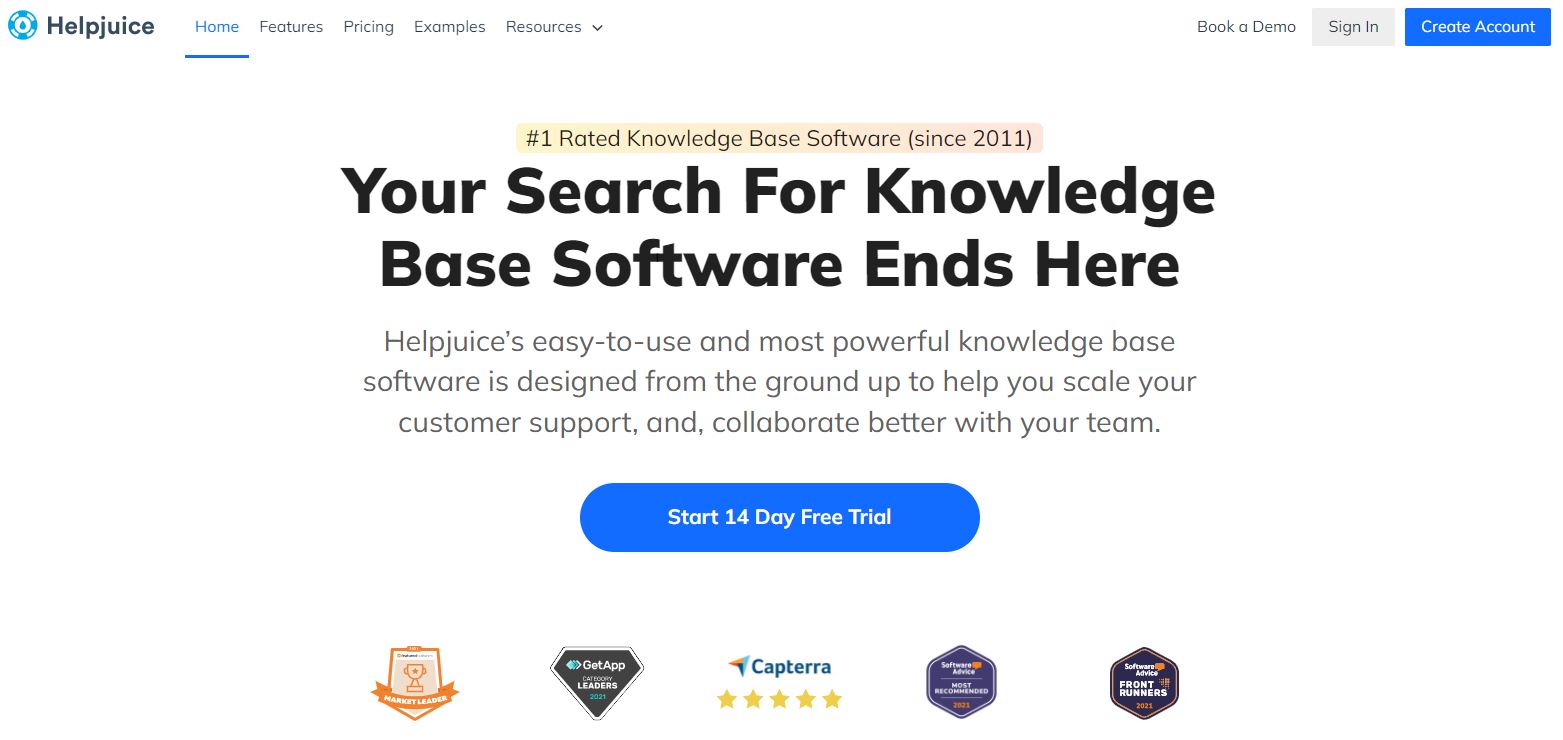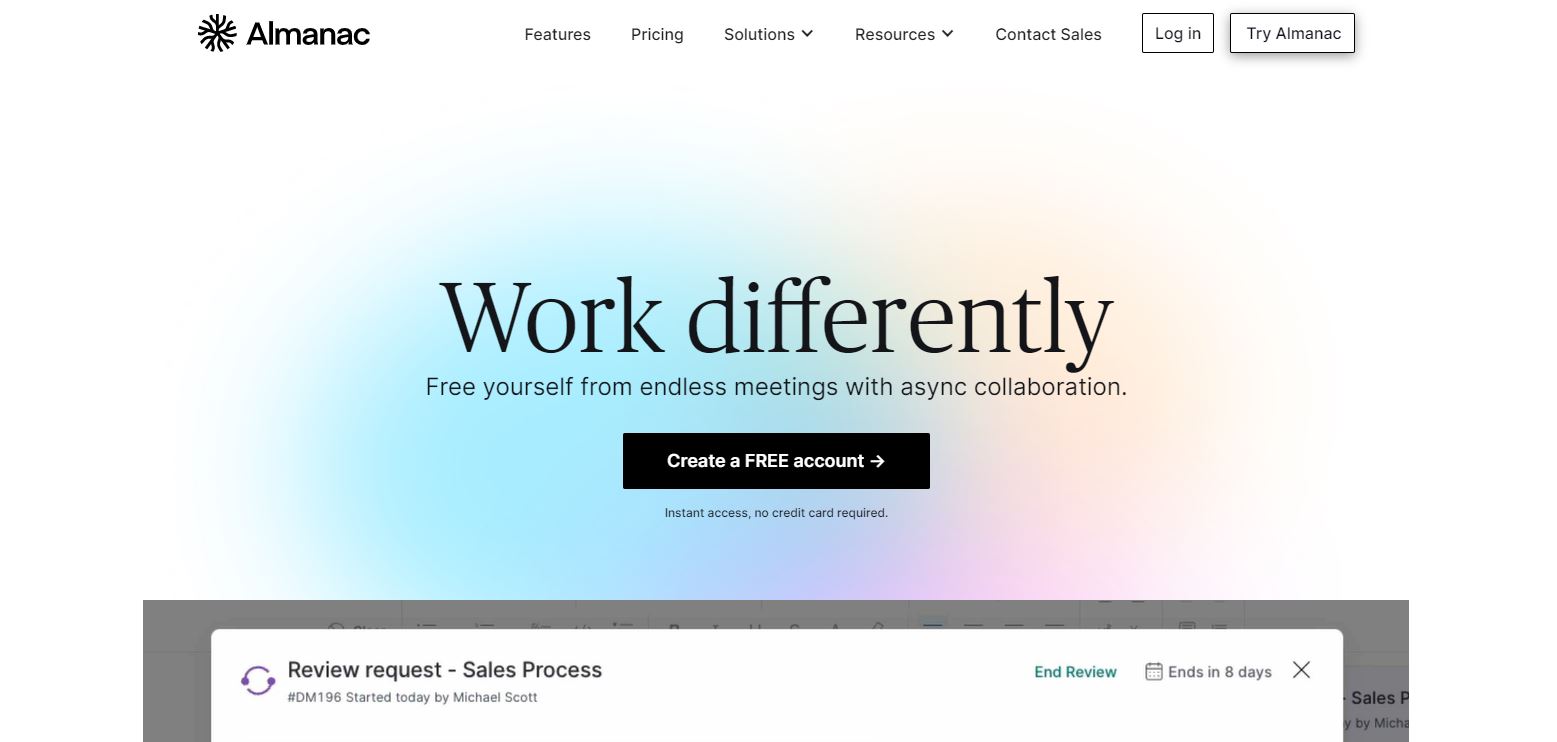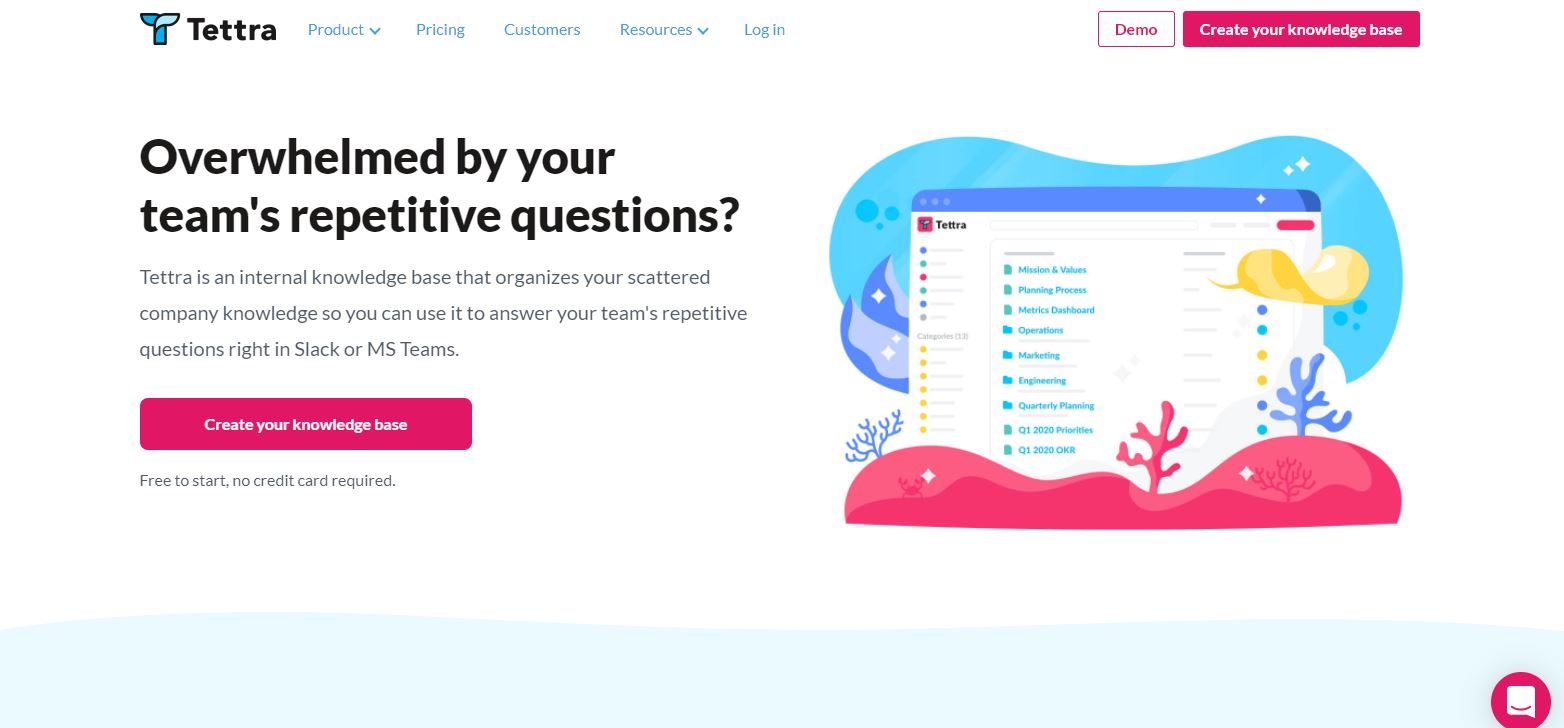Organizing information in any company can easily become unnecessarily convoluted and difficult, but it doesn’t have to be that way if you opt for using the right tools. Today’s technology allows you to do virtually anything.
Knowledge management solutions are an excellent method for your team to gather, store, and work with information. This, in turn, allows you to increase productivity.
This is why people use knowledge management tools. The greatest of these systems need to be flexible and user-friendly. They have many benefits, so let’s just briefly go through some of them,
Benefits of knowledge management tools:
- Working with and gathering information is much easier than if you do it manually
- Employees can access the information they need easily
- Decision-making and problem-solving is faster
- Employees are more prepared to deal with their tasks which allow for long-term growth
- It improves communication both within the company and with customers
1. HubSpot

Because of its simplicity of use and client data storage, HubSpot is one of the most popular knowledge management platforms among users. Using it, your team can easily access client profiles and track all of your customer interactions using the search option.
HubSpot’s CRM is connected with all of the company’s marketing, sales, and customer care departments, and it allows for seamless in-firm communication.
In addition, HubSpot’s ServiceHub lets you integrate a knowledge base, which is what we’re talking about today. The knowledge management tool works to collect consumer feedback, and you can use that information to produce fresh knowledge material. These and other features are ideal for businesses that want to create a knowledge-based support system.
2. Helpjuice

Helpjuice is a popular SaaS platform that allows you to customize every part of your knowledge base. Helpjuice is possibly best suited for large companies that want to grow customer service more effectively. One of Helpjuice’s biggest advantages is its unique customization capabilities, which allow you to customize any aspect of your knowledge base, and its user interface and editor are basic enough for new staff to understand, so you won’t have any problems in the training process.
The platform also features advanced analytics tools that offer your team a comprehensive view of statistics. Helpjuice touts their search feature as being just as revolutionary as Google’s, and they’re always refining it, meaning it’ll only get better and better as time goes on.
3. Almanac

A list of the greatest knowledge management systems available wouldn’t be complete without including Almanac. Almanac was created for online and remote workers (so if that’s your team, you’re in luck), making it one of the most advanced and well-loved systems out there.
It is essentially a collaborative document editor, although it is capable of far more than document storing and editing. Even if it is still in the beta stages, there aren’t many knowledge management systems that can match what Almanac offers, ease-of-use, exceptional customer support, and performance.
In addition to its fantastic features, it’s also significantly less expensive than some of its competitors, starting at $99 per month for a team of 20 or less.
4. Tettra

Tettra is a knowledge management software for in-house teams with an easy-to-use, making it perfect for new companies that can’t allocate a lot of time to team training. Its integration with Slack is an essential feature since it allows users to ask and answer queries via Slack.
Employees can easily go through the knowledge base for answers and share them without having to leave their internal chat tools, which is a big plus for tools like this.IntelligenceBank is its other stand-out feature. This is a solution that helps your staff with aligning sales and marketing activities.
5. Document360

Document360 is a SaaS knowledge base solution that lets anyone build a well-organized self-service knowledge base for both customers and workers. It also allows for smooth team cooperation by bridging the information-sharing gap inside the business.
The platform has an AI-powered search feature that immediately resolves problems in a flash. Another upside is that Document360 is extremely easy to set up and user-friendly.
With easy setup features, you can manage a variety of project documents, set up many users, and keep track of analytics to ensure your knowledge base material is fresh and relevant.
Honorable Mentions
While these five options are our top picks, there are other tools you might find enjoyable depending on what your business needs.
Service Now – ServiceNow offers both internal and external knowledge management solutions. Its main task is to assist IT teams in managing and recording incoming service requests.
Sabio – Sabio is a “service ware solution” that is constantly updated, and new and comprehensive features are frequently added. The so-called “Tree” is one of its most famous features, allowing users to easily access related topics in their knowledge base.
Bitrix 24 – Bitrix 24 is a knowledge management platform with a number of tools for gathering and working with data. The software’s CRM and internal communication features can also be used to assist in problem-solving.
Final Thoughts
These are just our top picks, and we can guarantee that you won’t regret choosing any one of them. But do remember, when choosing a knowledge management solution, make sure it’s scalable and easy to set up.


